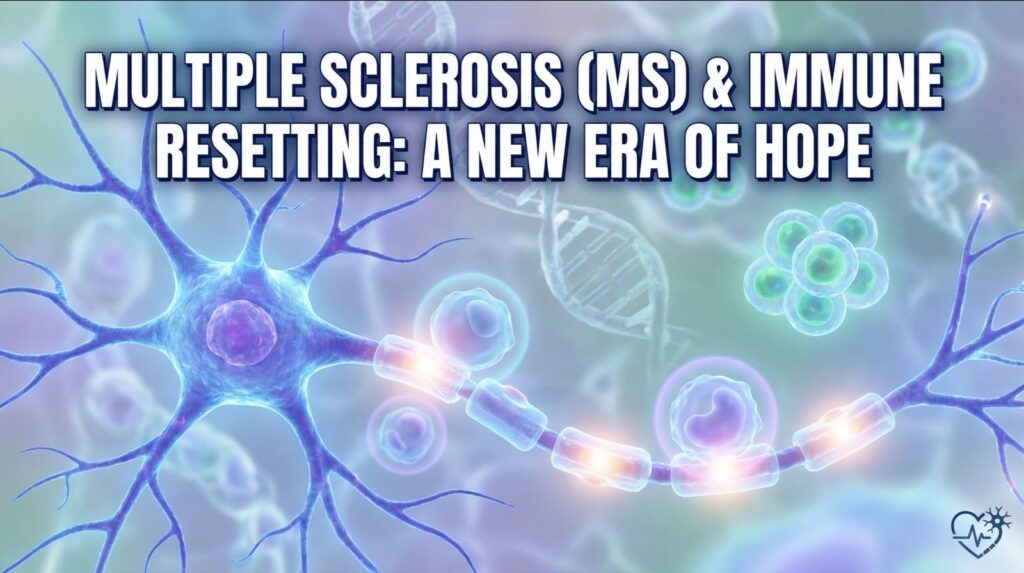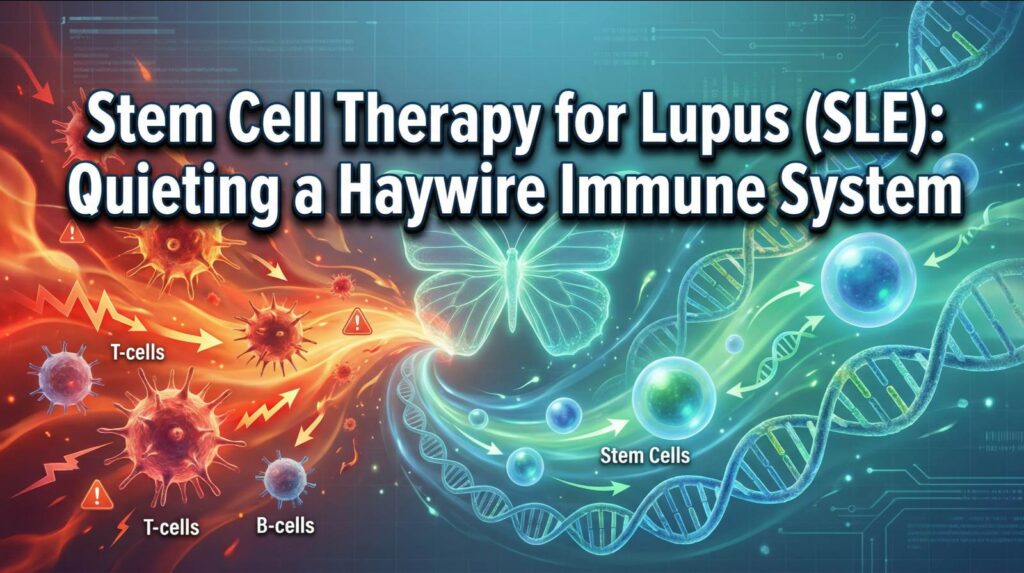Neurona Therapeutics, a clinical-stage biotherapeutics company, has presented new data from its ongoing Phase I/II clinical trial of a one-time dose of NRTX-1001 in people with drug-resistant mesial temporal lobe epilepsy (MTLE). The data shows a promising reduction in seizure frequency in the first and second patients at one year and seven-months post-treatment, respectively.
The first patient, treated at SUNY Upstate Medical University, had a seven-year history of seizures, averaging 32 seizures per month in the six months prior to the administration of NRTX-1001. The second patient, treated at the Oregon Health & Science University, had a nine-year history of seizures, averaging 14 seizures per month in the six months prior to treatment. Both patients reported reduced overall seizure counts of over 90% at one year and seven-months post NRTX-1001 administration, respectively.
In addition to the reduction in seizure frequency, neuropsychological testing suggests an improvement in memory after NRTX-1001 administration. No serious adverse events were reported, and the data safety monitoring board has reviewed their progress and allowed the study to continue enrollment.
The NRTX-1001 trial has received clearance from the FDA to expand enrollment to include adults who have MTLE in the verbal memory-dominant lobe and are at greater risk of cognitive decline from a tissue-destructive lobectomy or ablation surgery.
The clinical study is designed to evaluate the safety and efficacy of a single administration of NRTX-1001 for drug-resistant MTLE. The first stage of the trial is an open-label dose-escalation study in up to 10 people with MTLE. Patients treated with a single infusion of NRTX-1001 cells will be monitored for safety, tolerability, and effects on their epilepsy disease symptoms.
NRTX-1001 is a regenerative neural cell therapy candidate derived from human pluripotent stem cells. The fully-differentiated neural cells, called interneurons, secrete the inhibitory neurotransmitter gamma-aminobutyric acid (GABA). Delivered as a one-time dose, the human interneurons are intended to integrate and innervate on-target, and designed to durably silence seizure activity in the epileptic region of the brain.
The first part of the clinical trial is supported by an $8.0 million grant from the California Institute for Regenerative Medicine (CIRM; CLIN2-13355).
The therapy, NRTX-1001, is manufactured in Neurona’s in-house GMP facility using proprietary methods. The interneurons are cryopreserved and shipped to clinical sites to be used as an allogeneic, off-the-shelf investigative therapy.
Mesial Temporal Lobe Epilepsy (MTLE) is a common type of focal epilepsy in adults that primarily affects the internal structures of the temporal lobe, where seizures often begin in a structure called the hippocampus. According to the Centers for Disease Control and Prevention, an estimated 3.4 million Americans have epilepsy, and 25 to 35 percent live with ongoing seizures despite treatment with approved drugs, illustrating a huge unmet medical need in this community.
For people with seizures resistant to anti-seizure drugs, epilepsy surgery – where the damaged temporal lobe is surgically removed or ablated by laser – can be an option. However, the current surgical options are not available or effective for all patients, are tissue-destructive, and can have significant adverse effects.
Neurona is focused on developing regenerative cell therapy candidates that have single-dose curative potential. Neurona is developing off-the-shelf, allogeneic neural cell therapy candidates that are designed to provide long-term repair of dysfunctional neural networks for multiple neurological disorders.
The forward-looking statements in the press release are subject to risks and uncertainties, including risks and uncertainties inherent in clinical development of therapeutic candidates and obtaining data to support regulatory approval. NRTX-1001 is an investigational candidate and is being evaluated in ongoing clinical trials. NRTX-1001 has not been approved by any regulatory authority for commercial use or deemed to be safe or effective for any indication.
The company is looking forward to providing additional updates later this year. They are hopeful that the improvements observed in the first two patients will continue in the ongoing trial and possibly provide others living with drug-resistant focal seizures with a non-destructive cell therapy option in the future that does not risk cognitive decline.



